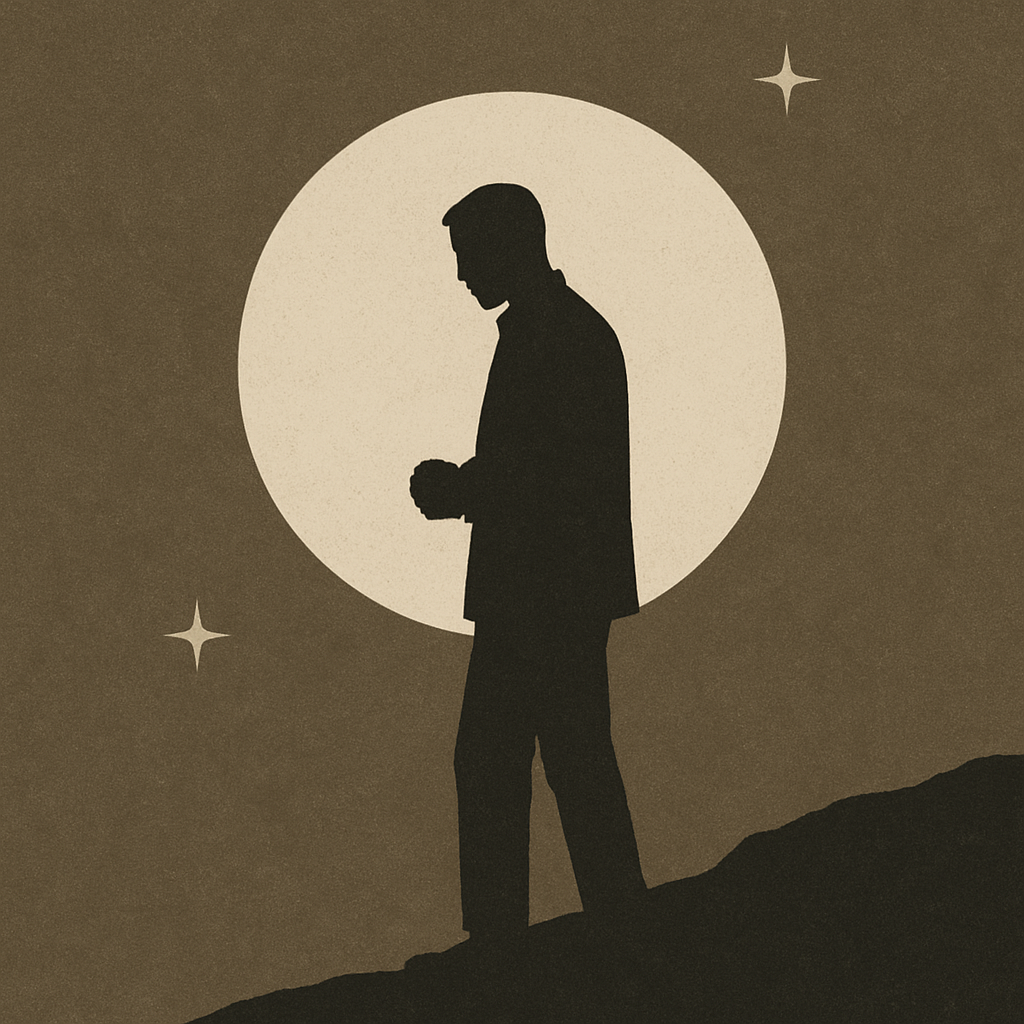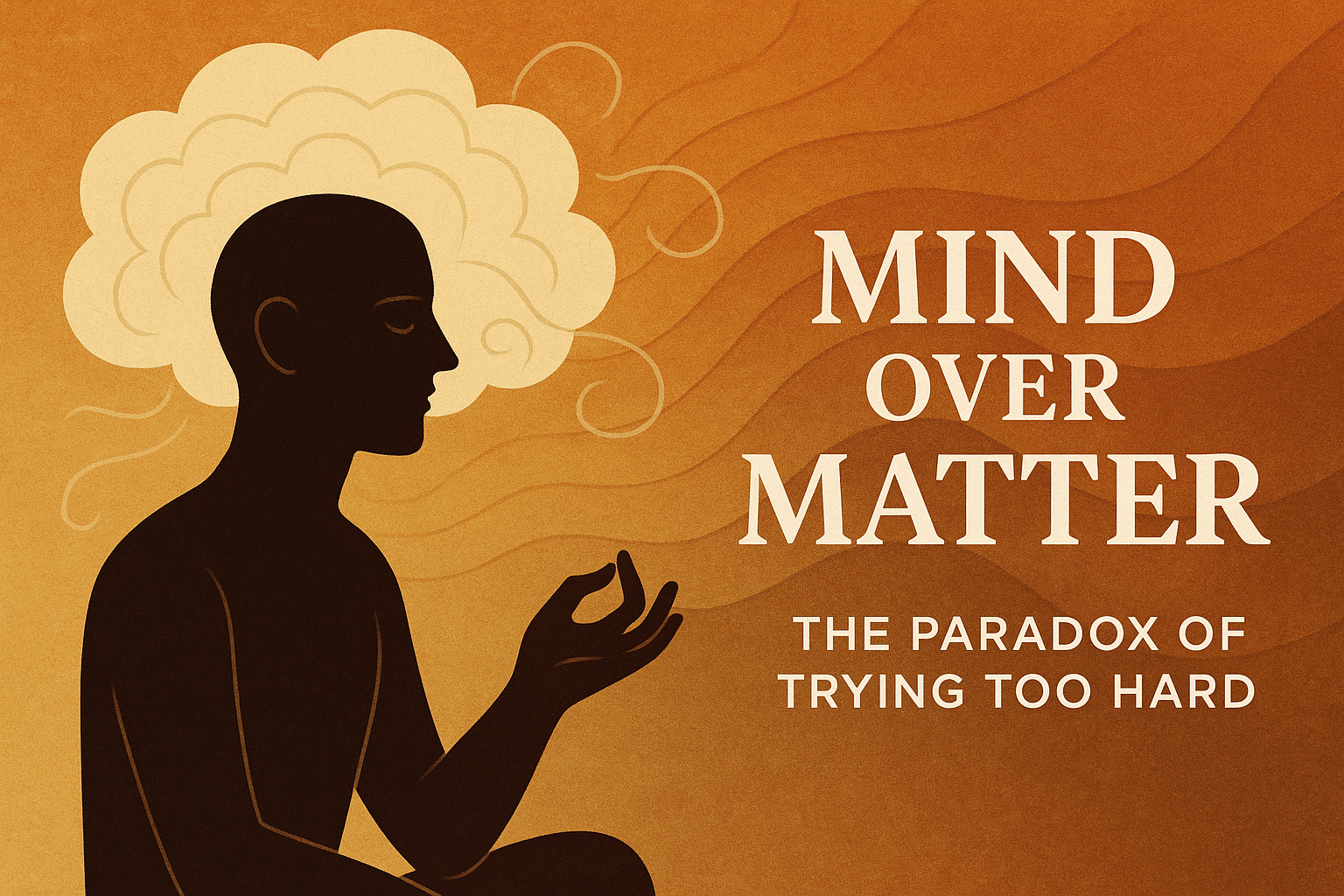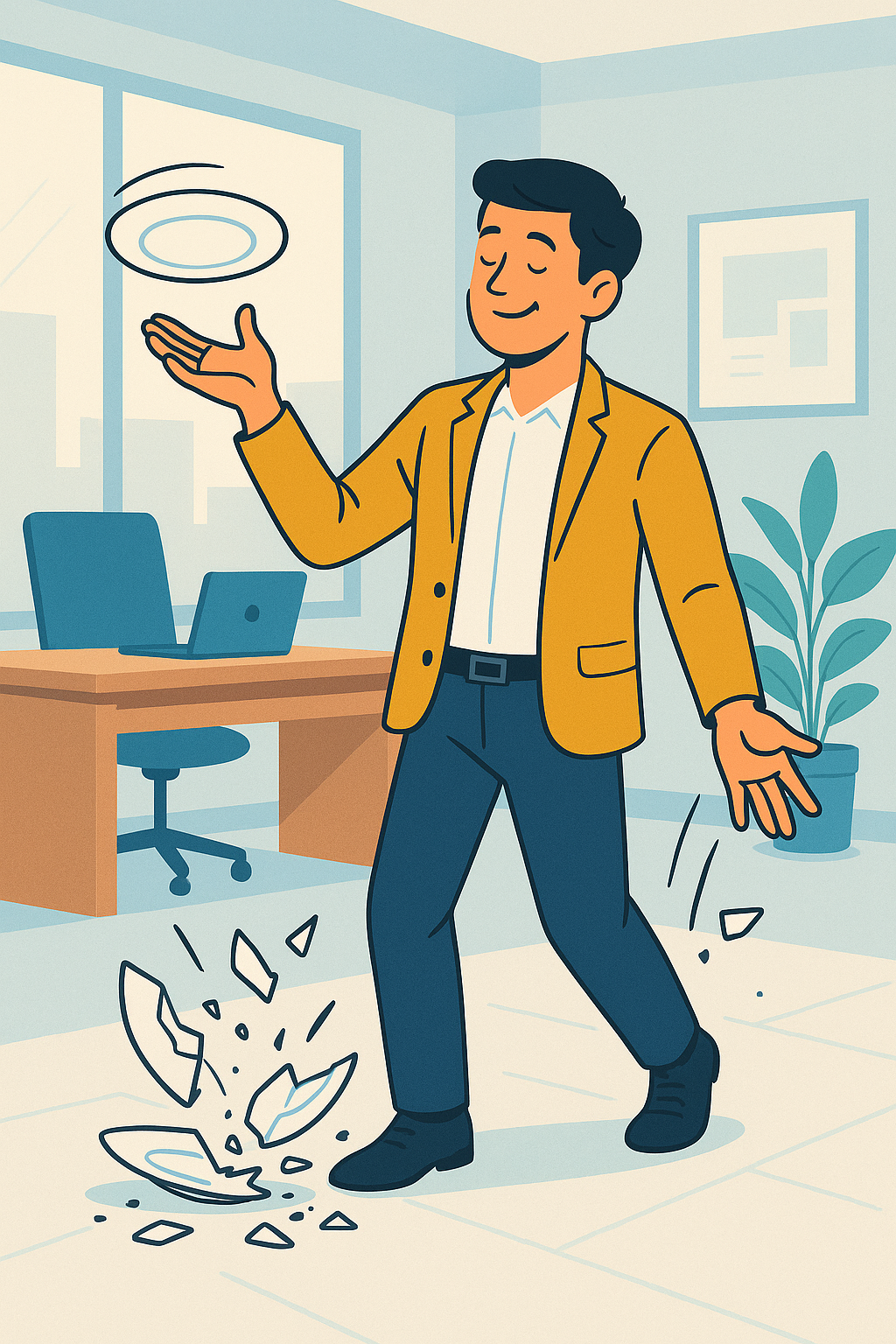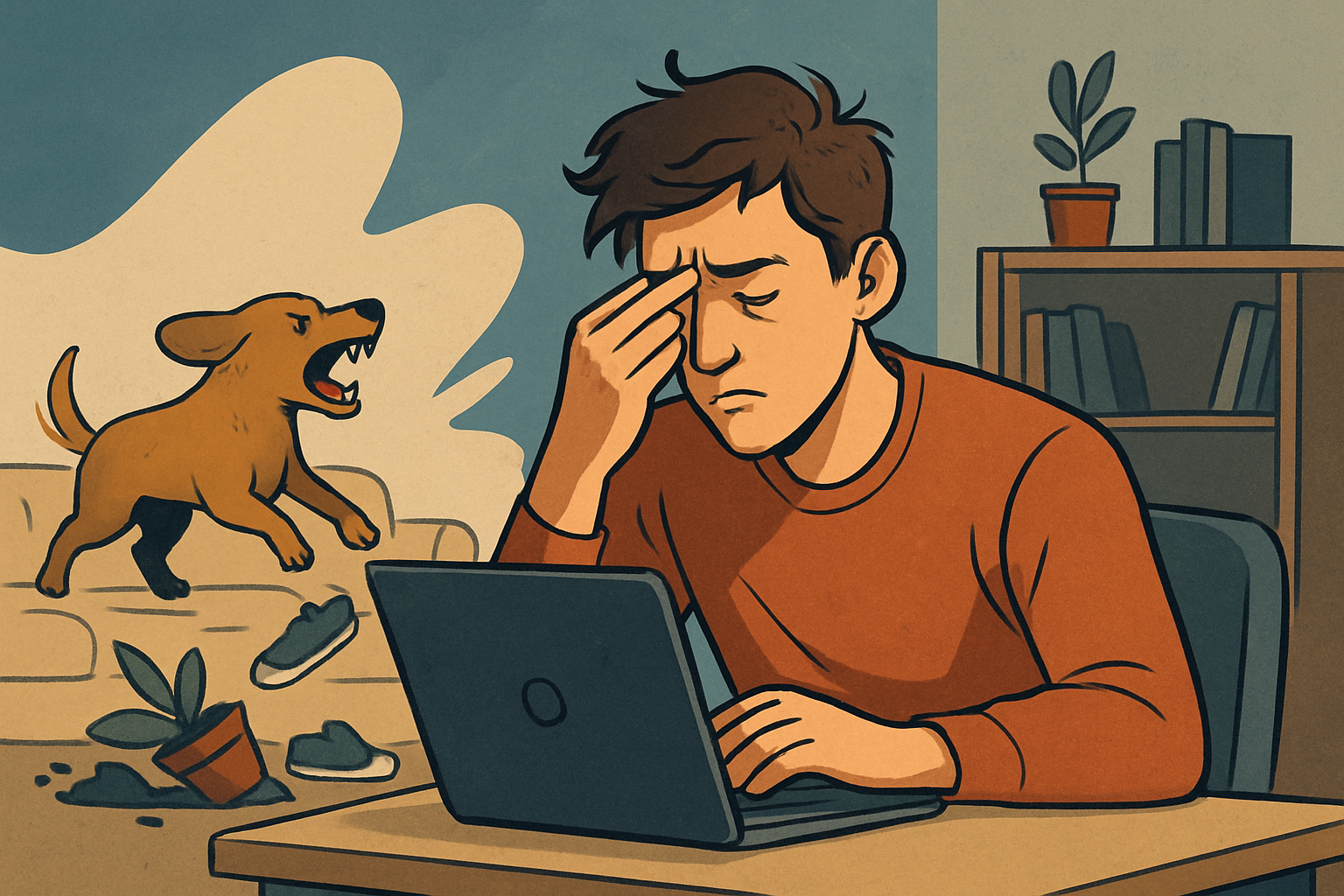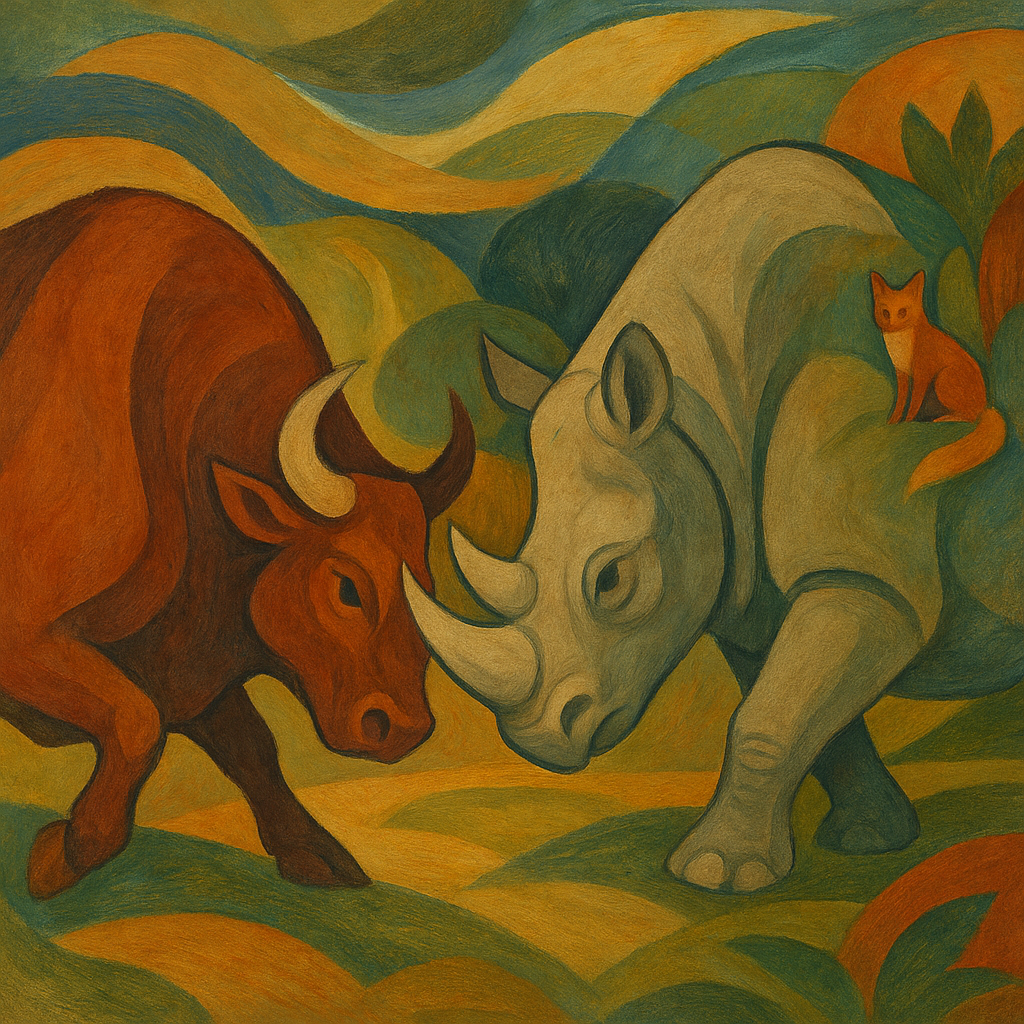The Vulnerability of Sadness
Leaning Into the Unknown
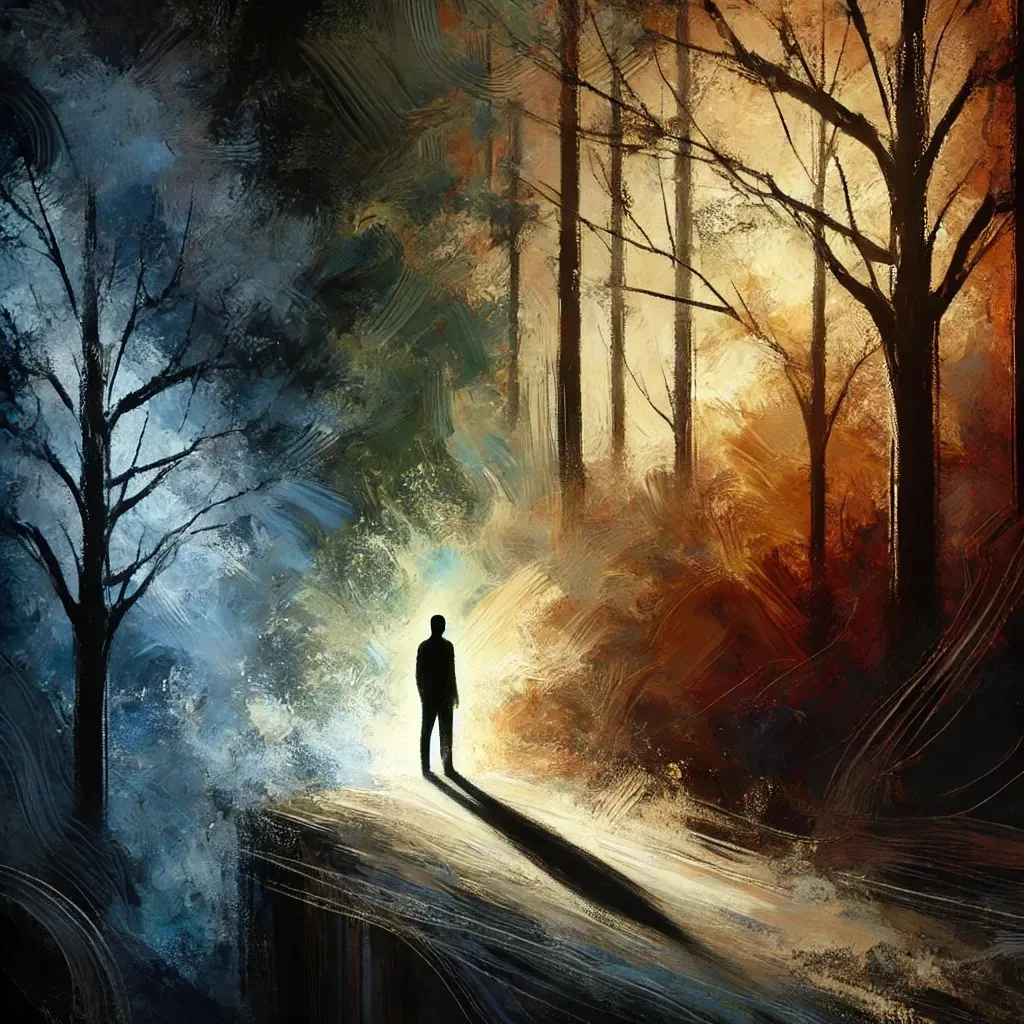
Allowing yourself to feel sadness is like leaning into the urge to tell someone you love them, not knowing if they will reciprocate. It’s raw, exposed, and full of uncertainty. Yet, it’s also deeply human, an essential part of what it means to live a full life. Sadness, much like love, is an experience that demands courage. It asks us to be honest with ourselves, to face what we might wish to avoid, and to surrender to an emotion that doesn’t come with guarantees.
The Nature of Vulnerability
Vulnerability is often seen as a risk, something to guard against. But when we look at moments that make life meaningful—expressing love, sharing our dreams, or admitting failure—they all require an element of vulnerability. Feeling sadness is no different. It’s an emotion that comes with uncertainty. Will it pass soon? Will it change me? Will it be too much to handle?
Sadness isn’t just a passive state; it’s an invitation to lean in, to feel, and to understand. It’s a reminder that we are alive, capable of feeling deeply and experiencing the full range of what life has to offer. When we allow ourselves to feel sadness, we are accepting this invitation, stepping into the unknown of our own hearts.
The Fear of Emotional Exposure
Why is sadness so intimidating? Because, like confessing love, it exposes us. It lays bare the tender parts of who we are and forces us to confront our fragility. In a world that often celebrates strength and resilience, admitting sadness can feel like admitting defeat. But in truth, allowing ourselves to feel sadness is an act of bravery. It’s an acknowledgment that we’re not invincible, that we’re affected by life’s changes, losses, and disappointments.
Much like the fear of unreturned love, the fear of sitting with sadness stems from a reluctance to face the unknown. What if it lingers? What if it deepens? Yet, just as love can surprise us with its return, so too can sadness surprise us with what it reveals when we allow it to be felt.
Leaning In Is the Only Option
There’s a temptation to put off difficult emotions, to wait until we feel “ready” to confront them. But waiting for the perfect time is often just a way of pushing the experience further away. We know deep down that delaying it only leads to regret—a sense that we missed an opportunity to be honest with ourselves. When it comes to emotions like sadness, leaning in is not just an option; it’s the only real choice.
If we try to push it aside, it doesn’t disappear. It lingers in the corners of our mind, waiting to resurface, often at a time when we’re least prepared to face it. By choosing to lean in, we acknowledge that this moment, imperfect as it may be, is the right time. Speaking our emotional truth—feeling what we need to feel—becomes a declaration that we trust ourselves enough to handle whatever comes next.
The Gift of Leaning In
Leaning into sadness doesn’t mean letting it consume us; it means giving ourselves permission to experience it fully. When we resist sadness, we push it into the corners of our mind where it festers and grows. But when we embrace it, we allow it to move through us, teaching us what it needs to and then passing on. This act of leaning in creates space for healing, reflection, and, ultimately, peace.
Much like expressing love, embracing sadness can lead to unexpected revelations. We might learn what truly matters to us, understand our boundaries, or realize where we need to grow. By allowing sadness to exist without judgment, we give ourselves the chance to learn from it.
Sadness as an Act of Self-Love
Allowing yourself to feel sadness is also an act of self-love. It’s telling yourself that it’s okay to feel whatever you’re feeling, that you deserve the space and compassion to process your emotions. This acceptance can be transformative. Instead of viewing sadness as a flaw or a weakness, we can see it as a natural response to the ebbs and flows of life. It’s a reminder that we care deeply, that we’re engaged with the world and the people around us.
By leaning into sadness, we create a more honest relationship with ourselves. We learn to trust that we can handle difficult emotions and that these emotions do not define us. They are simply part of our human experience.
Embracing Uncertainty and Growth
The act of feeling sadness without knowing what will come next is an exercise in embracing uncertainty. It’s about sitting in the discomfort, much like waiting for a response after confessing love, and trusting that whatever comes, we will be okay. This trust builds resilience. It shows us that we don’t need to fear our emotions; we can meet them with presence and patience.
Leaning into sadness is a choice to speak your emotional truth, no matter how vulnerable it feels. And however it turns out, whether the sadness lingers or lifts, you know that you honored your feelings in the moment—and that makes it the right choice.
Final Thoughts
Allowing yourself to feel sadness is like leaning into the urge to tell someone you love them, not knowing if they will reciprocate. It’s brave, it’s vulnerable, and it’s necessary. In embracing sadness, we learn to accept ourselves fully, to trust our emotional resilience, and to grow from the experiences life gives us.
So, the next time sadness comes knocking, try leaning in. Let it teach you, move you, and remind you of your capacity to feel deeply. Know that in allowing sadness, you are not giving up control but embracing a part of life that makes you whole. Because just as love transforms us when we express it, so too does sadness when we allow ourselves to feel it.
Share
